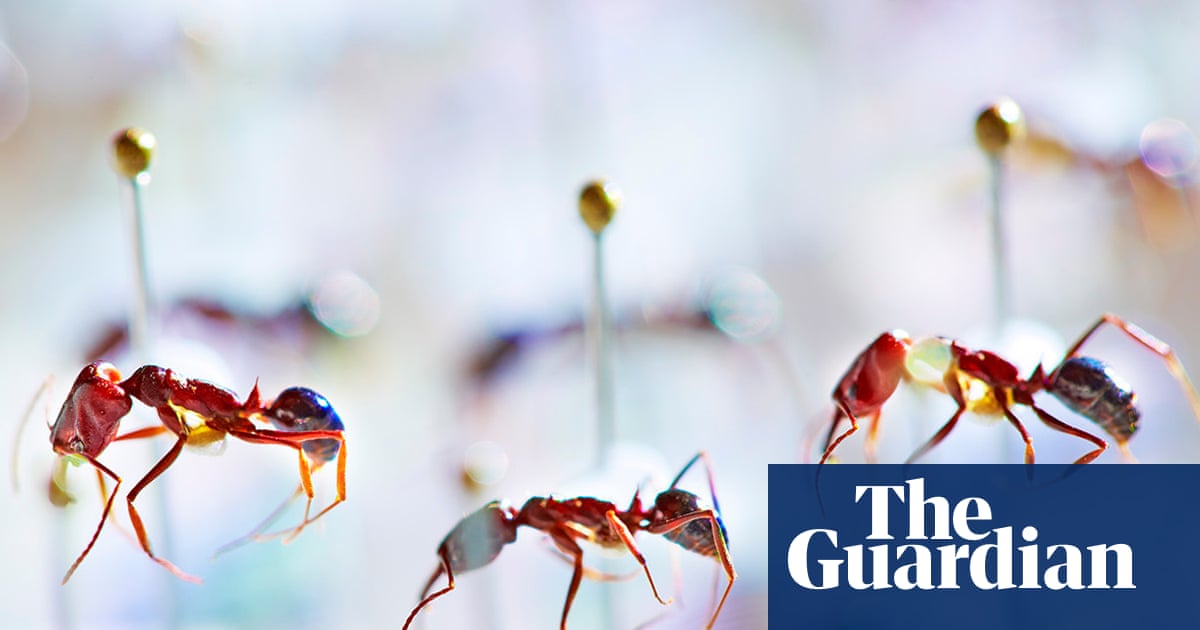
"Island-dwelling insects have not been spared the ravages of humanity that have pushed so many of their invertebrate kin into freefall around the world, new research on Fijian ant populations has found. Hundreds of thousands of insect species have been lost over the past 150 years and it is believed the world is now losing between 1% and 2.5% a year of its remaining insect biomass a decline so steep that many entomologists say we are living through an insect apocalypse."
"There is global concern about the insect apocalypse', but a lot of uncertainty and debate about what is actually happening, said Evan Economo, an entomologist at Japan's Okinawa Institute of Science and Technology and co-author of the research. We have a new kind of evidence of something we long suspected: that insect species endemic to remote islands are in decline."
Genomes of Fijian ant specimens from museum collections and recent decades were analysed to infer historical population trajectories from DNA variation among individuals. The analysis indicates 79% of Fiji's endemic ant species show declines, with impacts beginning around humans' arrival approximately 3,000 years ago and accelerating over the past 300 years alongside European contact, global trade and modern agriculture. The global context includes hundreds of thousands of insect species lost over 150 years and current estimates of 1–2.5% annual loss of insect biomass, while long-term population data for many insect taxa remain sparse, especially on remote tropical islands.
Read at www.theguardian.com
Unable to calculate read time
Collection
[
|
...
]